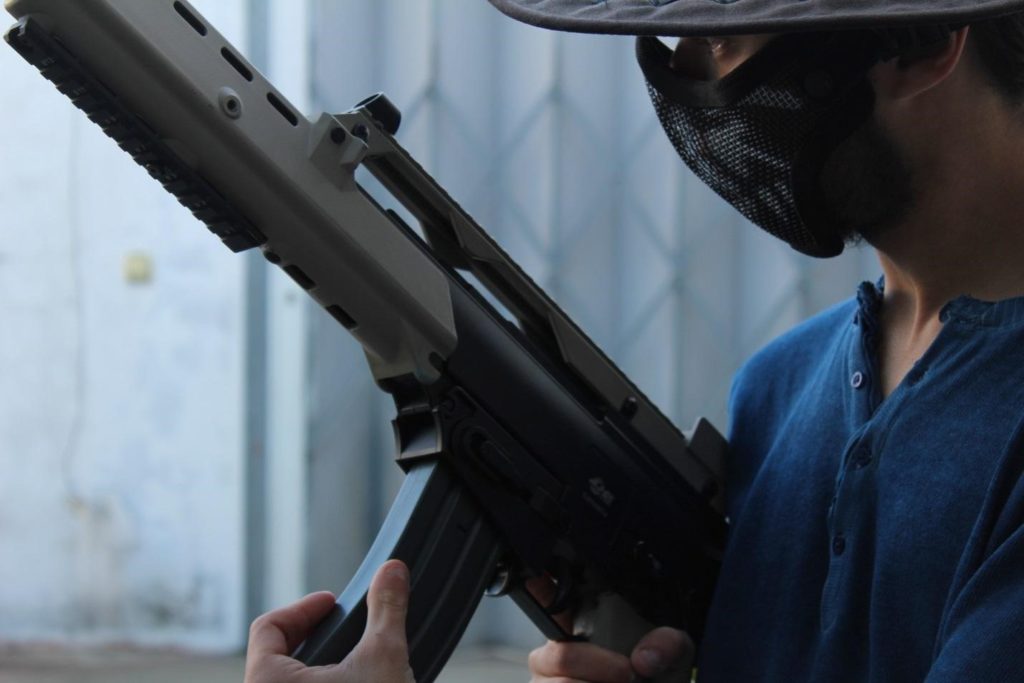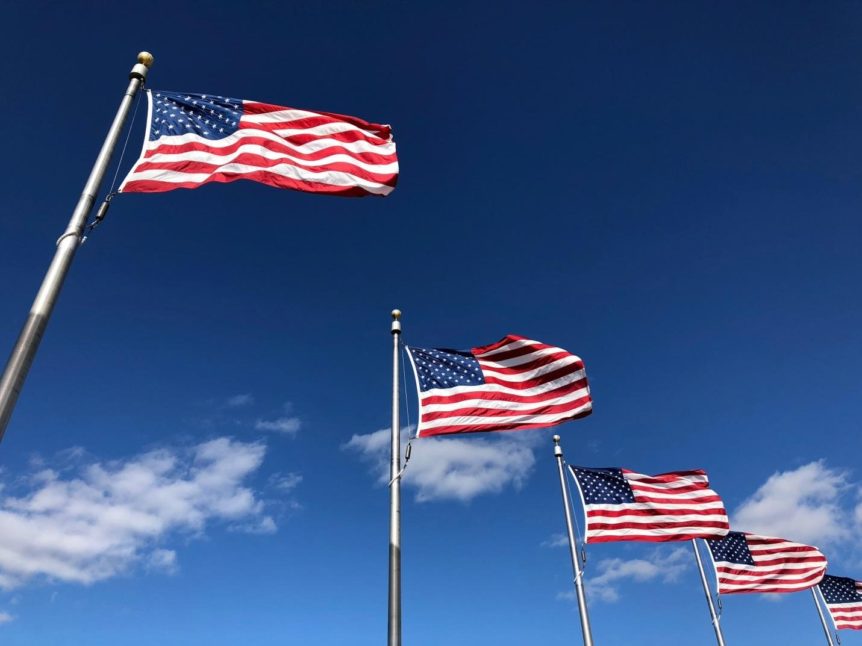

According to a recent survey, 1,930 counties across the country have enacted Second Amendment Sanctuary legislation at the county or state level. This represents a whopping 61.39 percent of all United States counties.
While some state legislatures have declined to follow suit, various counties are pushing back by choosing to enact their own ordinances. Hundreds of boroughs, townships, and cities countrywide are also passing similar resolutions.
What is a 2nd Amendment sanctuary, and are these cities legal? Here’s everything you need to know.
The 2nd Amendment is no doubt one of the most hotly contested sections of the US Constitution. Despite only being a single sentence, it leaves a lot of room for individual interpretations depending on who you ask.
The 2nd Amendment was ratified in 1789 alongside nine other amendments collectively referred to as the Bill of Rights. Its entire premise is to prevent the government from infringing on what it describes as a “well-regulated militia.” The meaning of that single phrase has been the topic of debate for centuries.
Until 2008, there were hardly any groundbreaking opinions on the topic based on the Supreme Court’s interpretation. It did, however, find that the 2nd Amendment does guarantee an individual’s right to “keep and bear arms.” This, in turn, makes it difficult for Congress to enact gun-control legislation to regulate gun ownership.
Here’s a brief background on what the original intent of the Second Amendment was when it was passed in 1789.
Several scholars and historians agree that the spirit embodied in this section of the Constitution was to eliminate the need for the US to have a standing army. As time progressed, this interpretation evolved to grant individuals the right to own firearms for self-defense purposes.
A 2nd Amendment Sanctuary, or 2A Sanctuary for short, is a city, town, or county that resists state and federal gun legislation. It adopts a formal resolution that either withholds support of gun-control laws or affirms support for 2nd Amendment rights. Here’s what that means.
If a locality doesn’t agree with a particular piece of gun legislation that appears to infringe on the residents’ constitutionally protected right to keep and bear firearms, the local government authorities will not enforce such laws. For instance, government authorities in many 2A sanctuaries don’t enforce bans on owning high-capacity magazines, assault weapons, and bump stock, despite the enactment of legislation that outlaws such practices.
First off, it’s important to note that so-called sanctuary laws have no bearing on getting prosecuted for a federal law gun violation. That being said, sanctuary laws may not even be necessary from a legal standpoint since the right to keep and bear firearms is a constitutionally protected right under the 2nd Amendment.
In the District of Columbia v. Heller, the Supreme Court reaffirmed this right, but with a caveat stating that it also doesn’t mean keeping and bearing firearms in “… any manner whatsoever… for whatever purpose….”
It’s equally important to remember that in the event of a conflict in the rights provided for by the 2nd Amendment, federal law always supersedes state and local legislation. A Federal District Court in any jurisdiction across the United States has the power to determine the constitutionality of an infringement on your rights to keep and bear firearms. This applies to real or perceived infringement by federal, state, or local authorities and their respective ordinances.
Ultimately, any further appeals on infringement matters are taken to Federal Circuit Courts and the US Supreme Court.

The answer to this question depends on the extent to which these ordinances conflict with the existing state and federal gun laws.
For instance, the board of supervisors for Tazewell County, VA, passed a sanctuary resolution that prohibits county employees from enforcing Virginia’s new gun laws. The resolution also bars county funds from being used in the enforcement of the novel legislation. According to the board, the new laws are unconstitutional and, in their opinion, infringe on state citizens’ Second Amendment rights.
Nevertheless, the state law in Virginia expressly bars local governments from enacting laws that are inconsistent with or in direct contradiction to the existing state laws. Moreover, Virginia state legislation specifically strips local governments of the power and authority to regulate firearms.
The resolution passed by this 2nd Amendment sanctuary county and others like it demonstrate a fundamental misinterpretation and misunderstanding of not just the spirit with which it was written but also the limitations it imposes on those rights. Such moves are illegal since it is tantamount to engaging in direct rebellion against the state, in addition to being inconsistent with the provisions of the Second Amendment.
After several states passed a wave of gun reforms, several law enforcement officials aligned themselves with the constitutional sheriff movement, asserting that they would not enforce the new gun prohibitions citing the laws as unconstitutional. According to the officials in the movement, their position granted them the authority to determine whether or not local and state laws are constitutional, even if it meant defying the federal government.
In Nevada, for instance, all 17 sheriffs in the state publicly voiced their opposition to the gun laws, stating that they would not enforce them. In New Mexico, 30 out of the state’s 33 sheriffs also declared their support for gun sanctuaries.
Although the constitutional sheriff movement was already in force before the 2nd Amendment sanctuary movement, the two are generally considered the same.
Other 2nd Amendment sanctuary states that have passed resolutions opposing state enacted gun-control laws include:
The resolutions being passed in so-called 2nd Amendment sanctuary cities have no legal force in the eyes of the law. While it may be argued that state and federal legislation to promote gun safety does not infringe on citizens’ constitutional right to keep and bear firearms, the existing laws still have to be followed. Anyone found violating state and federal gun laws is liable to prosecution despite the 2nd Amendment sanctuary resolutions.
Do you have any legal questions for us? Chat online with a Laws101 attorney right now.